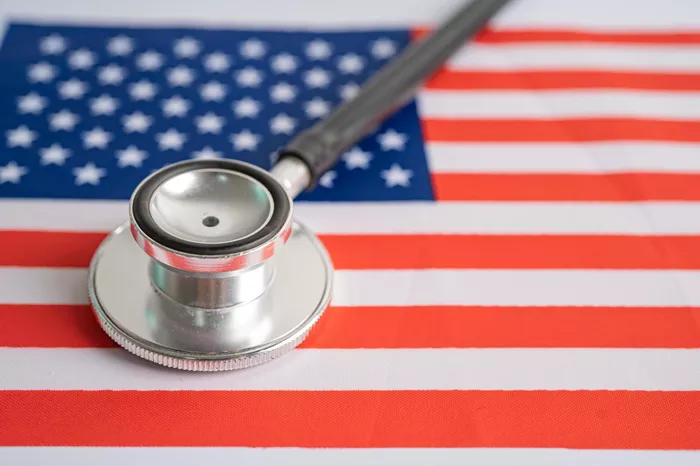In a massive data breach reported by UnitedHealth Group’s technology unit, Change Healthcare, the personal information of 100 million Americans was compromised, making it the largest healthcare data breach in U.S. history. The scale of the breach, which was first identified in February, became public through a U.S. Department of Health and Human Services (HHS) listing. The incident affects approximately one-third of Americans, with exposed data including sensitive health and personal details, such as health insurance member IDs, diagnoses, treatments, Social Security numbers, and billing codes.
The attack, attributed to the notorious hacking group ALPHV, also known as “BlackCat,” led to significant disruptions nationwide, delaying claims processing and impacting healthcare providers and patients alike. Since June, UnitedHealth has been notifying affected individuals as required, as investigations into the breach remain ongoing. The company acknowledged in a public statement that final assessments are still underway, adding that it is striving to alert all impacted individuals as quickly as possible.
For UnitedHealth, the financial implications of this cyberattack are severe. The company estimates it will see $705 million in business disruption this year alone due to the attack’s fallout, which includes costs associated with compensating providers and assisting impacted patients. The company has extended billions of dollars in loans to affected healthcare providers to help manage the effects of delays and service disruptions caused by the breach.
Comparing its impact to previous breaches, the UnitedHealth incident surpasses the 2015 hack on health insurer Anthem, now Elevance Health, which affected nearly 79 million people and was, until now, the largest breach recorded in the healthcare sector.
This breach highlights the increasing threat of cyberattacks in the healthcare industry, a sector that manages high volumes of sensitive information but is often a prime target for cybercriminals. HHS and other federal authorities are urging healthcare providers to strengthen data security protocols and take all necessary steps to prevent similar incidents in the future.
As UnitedHealth works to address the full extent of the breach’s impact, individuals concerned about the potential exposure of their information are encouraged to reach out to the company for guidance and support in protecting their data.
Read more:
Do Weight-Loss Meds Lower Health Costs? Latest Study Finds It May Take More Time
Inequity In Health: Why Black Americans Face Persistent Health Challenges
Study Finds Most E. Coli Infections Come From Common Foods


